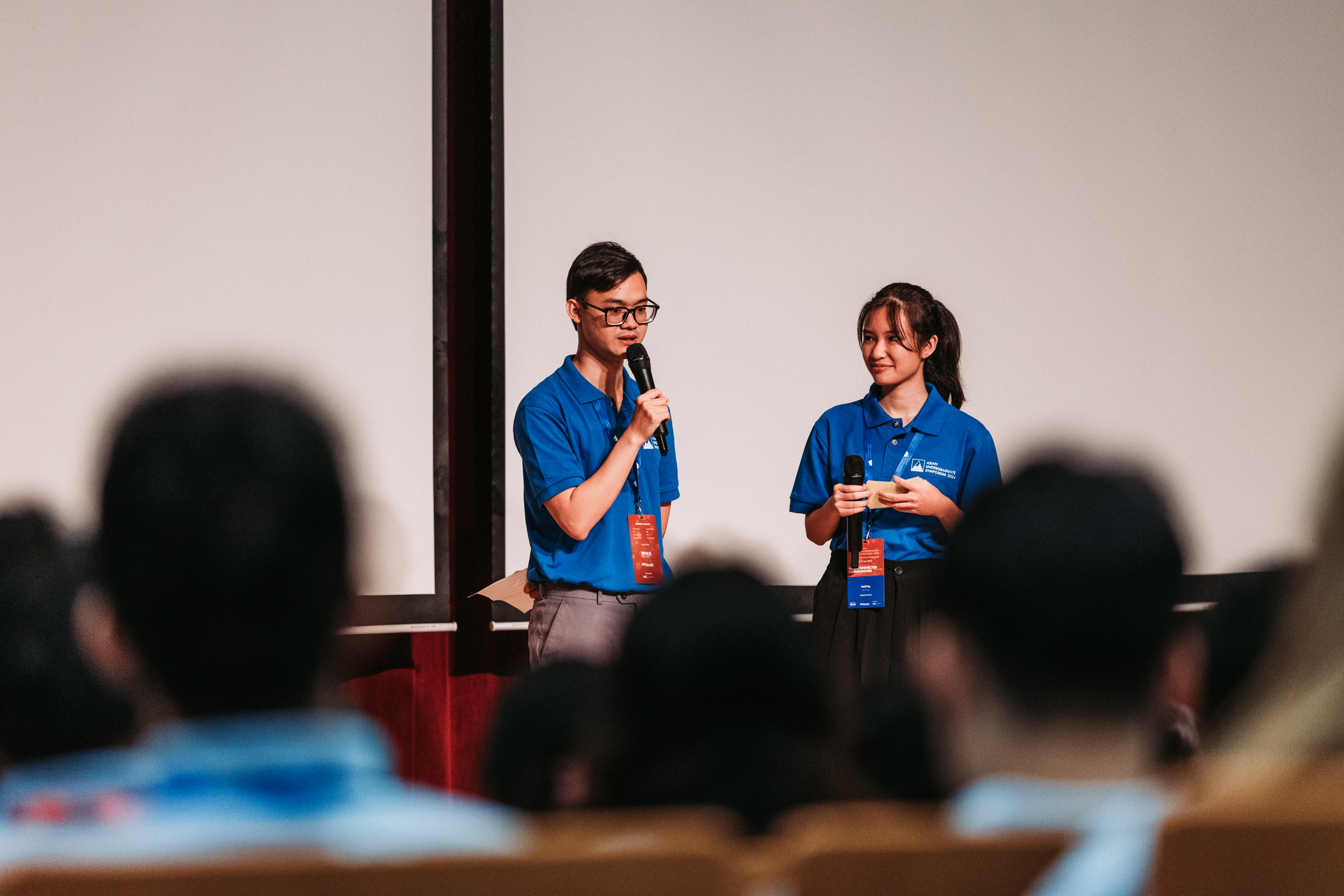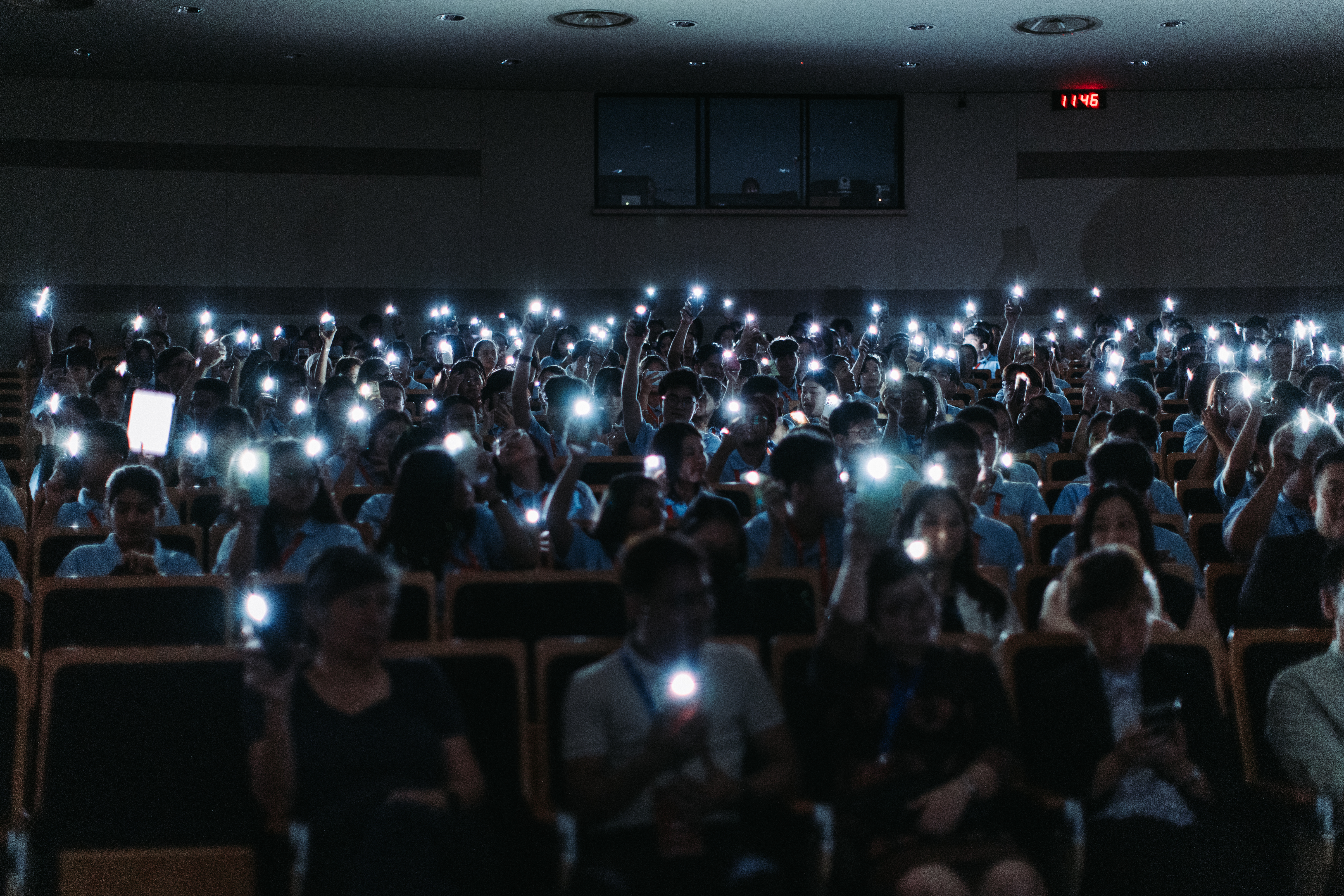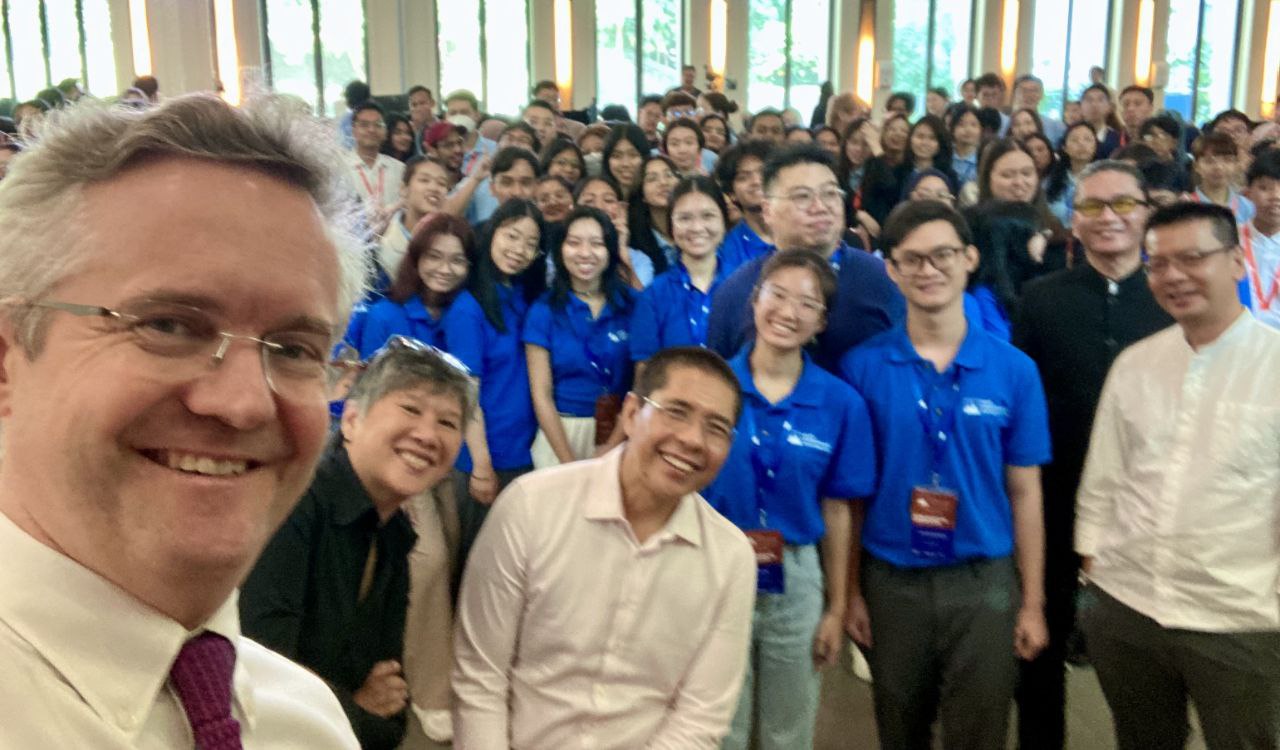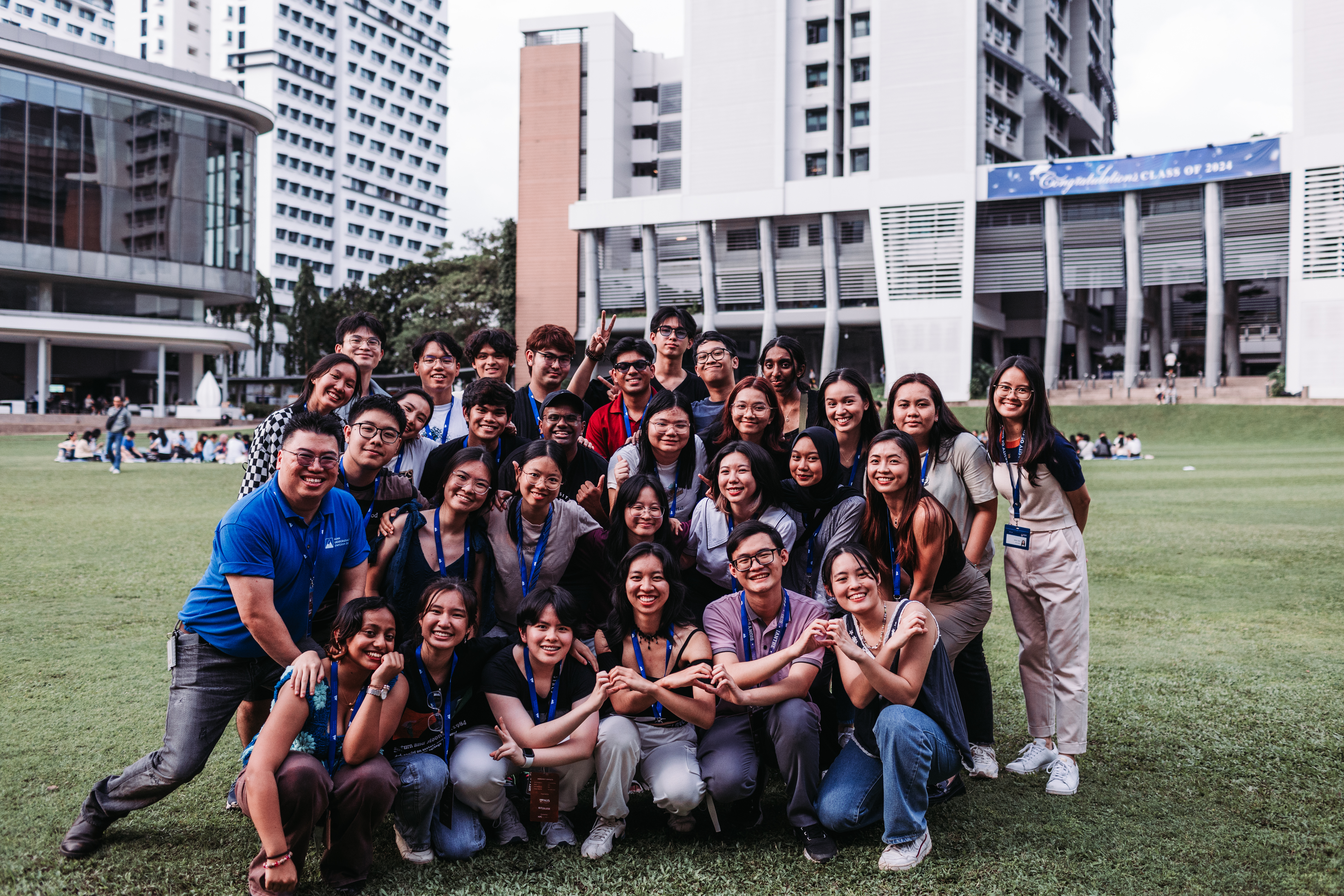Asian Undergraduate Symposium 2023 and 2024 - Sharing
Published on July 27, 2025by Le Mai Tan Dat
It has been almost one year since AUS2024 ended. In the celebration of AUS2025, I have taken some time to reflect on my experience at AUS2024.
NUS-AUN Asian Undergraduate Symposium (AUS in short) is one of the series of the summer programmes that students from ASEAN (with a few Asian), from now on ASEAN+, universities can choose from. This series of summer programmes consists of similar AUS-like programmes running in parallel in different countries in the ASEAN+ region. AUS2024 has extended in scale and scope, hosting 300 delegates from the ASEAN+ universities. With the theme of Interconnected Community, students are expected to collaborate with each other to work on a project that aim to tackle the social problems facing their home countries and beyond, spanning three areas Sustainability and Environment, Needs and Wants, and Diversity and Inclusion.
AUS has provided Asian students with the opportunity to meet their peers at an international conference and critically immerse themselves in the conversations on the social issues that surround the ASEAN region. Even though some of the projects that students developed in AUS2024 may not impact the community they work with significantly, their spirit and aspiration to change the world were truly admirable. Some groups succeeded in getting a seeding grant that can allow them to put their ideas into practice. For the groups that did not get the grant, I hope that AUS has managed to instill in them a desire to pay attention to our surroundings and empathise with those in need, bringing positivity to this world full of negativities.
AUS2024 is actually not the first time I have been involved in AUS – I was a student councillor at AUS2023. It was a very thrilling experience for me, considering I would chaperone a small group of AUS participants for a two-week programme in Singapore – a country that I am also a guest in (as an international student). Thankfully, the student council was very helpful and willing to assist me whenever I needed.
As a co-chair at AUS2025, my roles and responsibilities have shifted drastically. With more things to worry about and less room for careless mistakes, I felt a surge of stress growing on me. This time, again, the student council has been very helpful in sharing my concerns and coming to my rescue whenever I needed help. Usually, when we think of a team, we often come up with the thought of members following the directions given by the leader(s). Yet, Heidi (my co-chair) and I wanted to remove the power dynamics as much as possible. We built our student council as if we were building a family, with trust and respect. I often wonder, why and how somebody can devote their time to take care of others. Shouldn’t one always prioritise oneself above all else? But in AUS, I often find myself crying and contemplating the problems we have, trying my best to create a system that will make my fellow student councillors comfortable with their roles. Constantly, I am torn between the necessity of efficiency and the joy of student councillors. To what extent should we compromise human enjoyment for administrative efficiency? Now, whenever I think of the notions of "care" and "responsibility", I am truly amazed at how such concepts play a role in human society. Can “care” and “responsible” come hands in hands, rather than conflict each other? What exactly are the responsibilities of the leaders of a group (assuming there are such leaders)? The responsibilities of the leaders are often believed to be ensuring the survival of the group (via balancing costs and benefits of each decision). But does a decision bring any benefits if it poses harm to the psychological wellbeing (joy included) of the group members? You may accuse me of being an idealist (and probably I am). But please hear me out. If a decision yields a net positive effect on the group but incurs some losses in the process, that decision still bears a cost to the group, not a gain! The net positive yield does not take away the negative loss – the former only masks the latter. I think that such decisions should not be seen as an optimisation. It seems to me more of a compromise. I admit that the ideal scenario may not usually exist, if it exists at all. But I do think that we should acknowledge the loss incurred by the decision, rather than sweep it away and celebrate the success.
Even though AUS2024 has ended, my hopes and wishes to tackle social problems have not waned with time. Yet, I harbour a rather strange thought and sensation. It is admirable that students are given the resources and encouragement to be the changemakers – to enact the changes they want to see. And I do wonder, to what extent do these changes end up being cherished and acknowledged? First and foremost, we should agree that social problems may not be caused by a single unfortunate turn of events may not cause social problems. They often require a series of chain-catalysing reactions, and perhaps even the institutionalisation of ideas and processes. We can create micro-changes. And micro-changes are great, since they can form a wave and propagate the positive effects. But what if rocks are too hard to be eroded by water? Water erosion of rocks takes time, and it requires little (or insignificant) buildup of the materials that form the rock for the erosive effects to be visible. It appears that I am stating the obvious. And that the only thing we can do within our power is to enact positive changes in our local environment. I am just skeptical and concerned whether our goodwill would be manipulated and misused in some statistical reports of a random person.
Acknowledgement: I would like to thank National University of Singapore, NUS College, National Youth Council, ASEAN University Network, and Tan Chin Tuan Foundation, for having supported the organisation of AUS2024. I would also like to thank Heidi Ng, the whole student council of AUS2023 and AUS2024, and all the staff, for having carved wonderful experiences into my life.
July 2025, Singapore.




